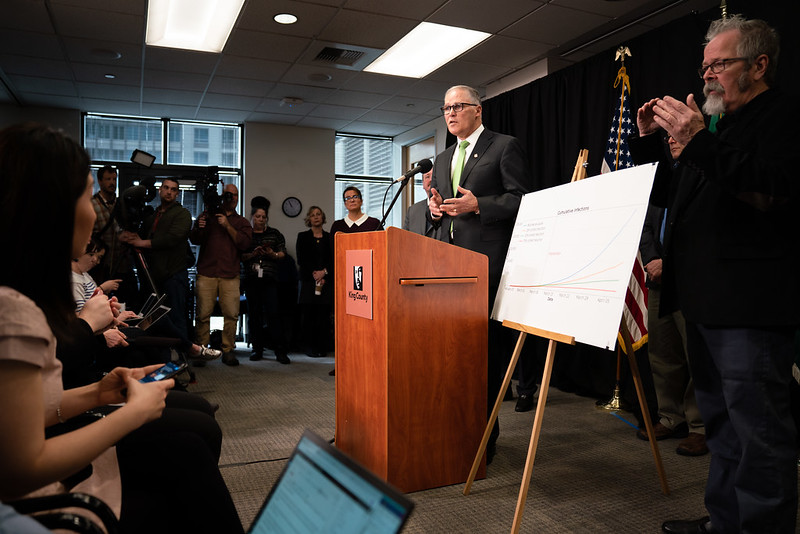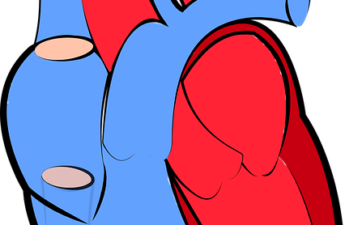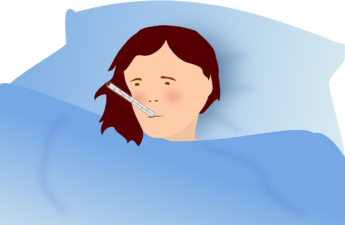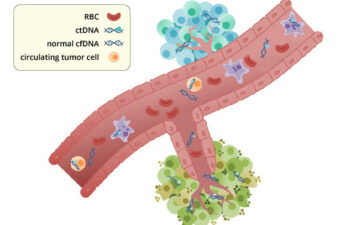By Alex Brown, Stateline

SEATTLE — Washington state is finalizing the purchase of roughly 1 million test swabs from China as it works to rapidly scale up its testing network to safely reopen parts of the economy.
If Washington closes the deal, it will mark the second time this week that a state has gone outside the United States to procure testing supplies the federal government has been unable or unwilling to provide. Maryland Gov. Larry Hogan, a Republican, announced Monday that his state paid $9 million for 500,000 tests from South Korea.
“We do have a substantial order of swabs that we believe are headed our way, in the million-swab magnitude,” Gov. Jay Inslee, a Democrat, said in a Wednesday news conference. “We believe this is going to serve us well for a few weeks, but we will need additional sources after that. … If that order comes in on a timely basis, I think we’re going to have in the next several weeks the number of test kits we need to do the job.”
Inslee did not mention the source of the swabs, but Reed Schuler, a senior policy adviser to Inslee, said in an interview that Washington is purchasing the tests from China. It was unclear how much the tests would cost, but Schuler said that “if that order comes through, it will be fully donor-supported.” He would not name the donor or donors.
Before finalizing the order, the state is working to “triple check” the quality of swabs from the same Chinese source that sold to the University of Washington this month. The school recalled some testing kits from that source after a few were found to have contaminated fluid in vials used to transport samples — an issue unrelated to the swabs.
The state expects to answer the quality control question in “the coming days,” Schuler said, and will move quickly to finalize the order once it’s confident in the product.
Washington has administered about 150,000 tests since it began testing Feb. 29, and is currently conducting about 4,000 tests a day. The state is aiming to increase that number to 20,000 or 30,000 a day to safely reopen its economy. Inslee urged Trump to invoke the Defense Production Act to force manufacturers to produce testing supplies.
“Get on the ball and start making these test kits,” Inslee said. “We desperately need this.”
The U.S. Senate approved a $484 billion coronavirus relief package Tuesday that includes $25 billion for testing. The package, which the House could take up as soon as today, also requires the Trump administration to establish a national strategy for helping states and cities execute their testing plans.
Governors of both parties have been critical of the administration’s failure to ensure enough testing supplies are available. Hogan fired back after President Donald Trump criticized him for seeking foreign aid.
“The president said the governors are on their own, and they should focus on getting their own tests,” Hogan said, “and that’s exactly what we did.”
Washington is taking the same approach, Inslee said, though federal aid is still imperative to the state’s recovery plan, especially once it exhausts the stockpile of swabs from China.
“In the months after that, we’ll have to obtain a much more stable source of these test kits,” he said, “and that’s why we need federal help.”
Citing an earlier conversation with Vice President Mike Pence, Inslee said the federal government’s estimate of the tests it could produce in June and July would meet only a third of Washington state’s testing needs, if supplies were distributed equitably.
Trump in a news conference Sunday said the administration is working with an unnamed manufacturer to provide an additional 10 million swabs a month. He also said he may invoke the Defense Production Act to increase swab production by an additional 20 million or more a month.
Schuler said the target — 20,000-30,000 tests a day — might represent the figure needed later in the year, when cold and flu season is expected to create a spike in residents experiencing COVID-19-like symptoms. The target is “not a number that we expect to reach in the near term,” he said. While securing the swabs marks a key step in ramping up Washington’s testing, many obstacles remain, including the supply of chemical reagents used in testing.
“There’s a high degree of anxiety for what the future holds in reagent supplies,” Schuler said.
Washington is coordinating with California and Oregon on plans to reopen their economies, but that doesn’t mean the states will build a uniform testing system. However, state leaders have discussed procuring supplies jointly, to increase their purchasing power.
Meanwhile, Washington is planning to train 1,500 state employees and volunteers to conduct contact tracing. The team will track down those who have been in close contact with patients who tested positive for the virus and instruct them to self-quarantine.
The state hopes to have its contact tracing workforce operational by the second week of May, though its work may be hampered by a lack of speedy test results.
“If we’re going to build a system that seamlessly passes off testing results to contact tracers, time is really of the essence,” Schuler said.
To that end, state officials are working to maximize the state’s laboratory capacity. If the system is perfected, Washington should have just enough capacity to meet its testing goals.
“If every laboratory in the state with a machine that can be used for coronavirus testing is used exclusively for coronavirus testing and has all the supplies it needs, and we have the full collection system necessary — if all of that is fully supplied, at a minimum we can process 20,000 samples a day,” Schuler said.
He added that it will take “a lot of additional work” to reach that capacity. If Washington’s testing system can’t ramp up in time, the alternative to reopening is waiting for case counts to decline to a minuscule number.
“If your case count shrinks to a tiny volume,” he said, “to some extent that helps reduce your need for a contact tracing system.”
The state also is looking to scale up local production of supplies, and in-state manufacturers may be able to step up and make more swabs. Other key components like reagents likely will come from outside Washington.
As Washington builds out its testing system, it’s likely to experience hiccups in the massive supply chains needed to bring in swabs, reagents and other supplies, as well as in the transport of samples to laboratories. It will need to have enough testing sites to provide access for all residents, including those who are underinsured and underserved. And it will likely be competing against other states for many of those resources.
“It is a problem of massive need outpacing relatively limited supply,” Schuler said. “All of the different users of testing supplies are competing against one another.”


